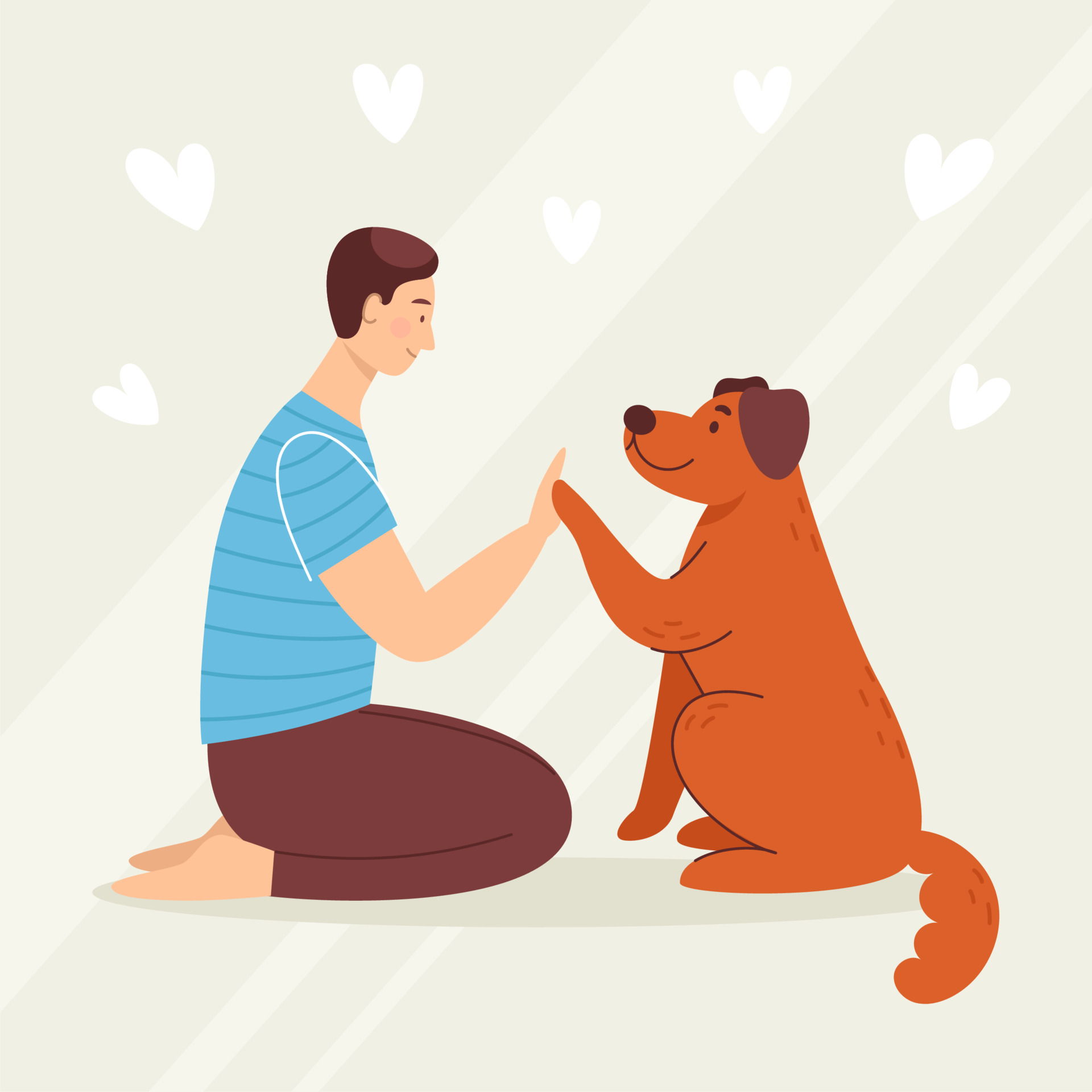The Impact of War on Domesticated Animals and How We Can Help

By Michael Jumba
War has an immense impact on domesticated animals, both during and after the conflict. During war, animals are used in military operations such as transport, sentry duty and search-and-rescue missions. After the conflict is over, many of these animals are left behind with no support or care. This can lead to a decrease in their numbers and a lack of resources to sustain them. In addition to this, war can also cause psychological trauma for these animals due to their exposure to violence and destruction. This can have long lasting effects on their health and behaviour. Therefore, it is important that we take measures to protect domesticated animals from the impact of war in order to ensure their wellbeing and survival.
What is the Impact of War on Domesticated Animals?
Besides the impact on human beings, war has an immense impact on domesticated animals, both in terms of their welfare and rights. Animals are often used as weapons of war, subjected to cruel treatment, and even killed as a result of conflict. This can have devastating consequences for animal welfare and their rights, as well as the environment. It is essential to understand the impact of war on animals so that we can better protect them in times of conflict.
How War Affects Domestic Animals Physically & Emotionally
War is a devastating experience for all living beings, including animals. Animals that live in conflict zones are especially vulnerable to the physical and psychological effects of war, such as animal abuse, displacement and starvation. This article will explore how war affects domestic animals physically and emotionally and discuss ways of mitigating the impact of war on them.
Animals can suffer from physical injuries caused by bombs, bullets or landmines. They can also be exposed to diseases due to lack of food or water. Furthermore, they can experience psychological distress from being separated from their owners or from witnessing violence or death in their environment. In addition to these direct effects, war can also have indirect consequences on animals such as increased animal abuse due to lack of resources or regulations in times of conflict.
The Role of Humanitarian Organizations to Protect Domestic Animals During Conflict
During times of conflict, domestic animals are often left vulnerable and unprotected. It is the responsibility of humanitarian organizations to ensure their safety and well-being. These organizations provide rescue services for animals in need, as well as support to their owners during times of crisis. They also work to educate local communities on the importance of animal welfare and how they can be better prepared for any future emergencies. Furthermore, they are actively involved in advocating for animal rights at an international level and pushing for humane solutions during conflicts. By doing so, these organizations play a vital role in protecting domestic animals during conflict situations.
What Can We Do to Help Domestic Animals During Conflict?
Domestic animals are often the forgotten victims of war and conflict. They suffer from displacement, lack of food, and other hardships that come with being in a conflict zone. As a result, it is important to find ways to help domestic animals during times of conflict. There are a variety of ways we can help domesticated animals affected by war, such as providing food, water, shelter, and medical care. We can also work with local organizations to raise awareness about the plight of these animals and provide support for their long-term care. By working together, we can ensure that these animals are not forgotten during times of conflict.
Taking Action to Protect Domestic Animals During Conflict
War and conflict can have a devastating effect on domestic animals. With the increasing number of conflicts around the world, it is essential to take action to protect these animals from harm.
Domestic animals in conflict zones are often left behind or abandoned by their owners due to displacement or other circumstances. These animals can suffer from malnutrition, injury, and even death due to shelling or other forms of violence. It is important for governments, organizations, and individuals to take action to protect these vulnerable creatures from harm.
This includes providing food and shelter for displaced animals in conflict zones as well as providing medical treatment when needed. Additionally, raising awareness about the plight of domestic animals in war-torn countries is an important step towards protecting them from further suffering.


